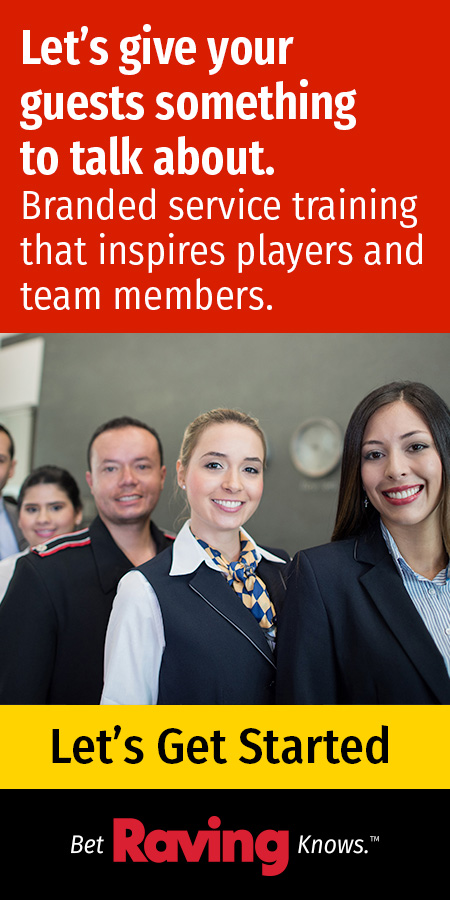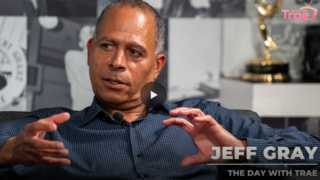Why “Hire for Attitude – Train for Skill” Fails – Part I of II


Why does “hire for attitude – train for skill” often fail?
Because we, as employers, fall short on the “training” part of the equation
We are constantly told to “hire for attitude – train for skill.” But do we, as leaders, hold up our end of this statement? It seems more often than not, we fail to follow through with the training. Without consistent, continual training, even the most positive and passionate employee will falter.
This is one way that the gaming industry has really not kept up with other industries, and because of that, they have really failed their employees. I think this is another example of how they have stayed stuck in the past; relying solely on trial by fire for most roles within the casino. Most don’t even have designated trainers (who have been properly trained), which really causes inconsistent and ineffective results. The end result is frustration and disgruntled employees and guests!
The classic hand-off
Many times, new employees are just handed off to whoever is there when they start. That person may not even want to train or care about the message they are instilling in a new hire. Quite often, in these cases, the new hire gets an earful of what that person feels is wrong, instead of learning what is right. The same can be said with in-house job promotions. You have a good employee who shows leadership potential, so you promote them without one bit of guidance or training, and hope that their “natural” instincts kick in. Very rarely does that work. It is really the most ineffective and costly way to do it.
This just doesn’t make much sense. If you don’t take care of your employees, then why would they want to stay? Why would they want to help your business be a success?
So, how do we begin to change this? The key to this is TIME!
Taking the time to train
Taking more time to actually teach and guide your team will cause greater productivity and employee retention. Many studies have proven the high cost of constant turnover and poor training. It makes no sense to continue doing things this way!
When a new employee joins the team, the training should begin immediately. In most cases, HR will take the new people through orientation to discuss benefits and the company handbook. This is a great and necessary start, and it shouldn’t stop there. Here are some additional suggestions:
1. Casino 101
Many of your new employees have never been in a casino, much less worked in one. So, an introductory class about the inner workings of the casino should be included with orientation. Many supervisors will give their new employees the casino property tour, but let’s take it a step further and introduce them to how the casino works.
2. Interdepartmental Teamwork
Follow up the casino discussion with a demonstration of how each department supports each other and works together. We constantly talk about how to break down the departmental silos, so why not start that discussion (and correction) from the very beginning? The more your team learns about working together with all departments, the more successful your guests’ experience will be. This would also be a great time to introduce the head of each department. When your new employees meet the leaders in person, it leaves a much bigger impression than just showing them the usual “wall of fame” photos. It also goes a long way in showing those new team members that everything they are learning is supported by management.
3. Guest Service Philosophy
We are in the business of taking care of our guests – both internal and external. If you do not have a uniform guest service policy, you need to get one, and that philosophy needs to be introduced from the beginning and reiterated consistently. This should be something that ALL employees should be taught and held accountable for, no matter what position.
4. Dispute Resolution
This is the area where we really fail our employees (and ultimately, our guests). Employees are rarely given any instructions on how to deal with a difficult situation. Again, there should be a clear and effective policy on how to properly handle disputes. This should be for not only when dealing with guests, but with fellow teammates. Each department can then take that basic foundation and expand, depending on the individual department needs. By having a basic, consistent outline on how to deal with difficult situations, you are giving your team the tools they need to handle every situation professionally and efficiently. Hopefully this will eliminate the dreaded “I don’t know” or “it’s not my job.”
Training takes time. But it is time well-spent, and will increase consistent guest service and team productivity, as well as prove to be much more effective in the long run!






